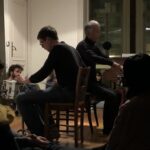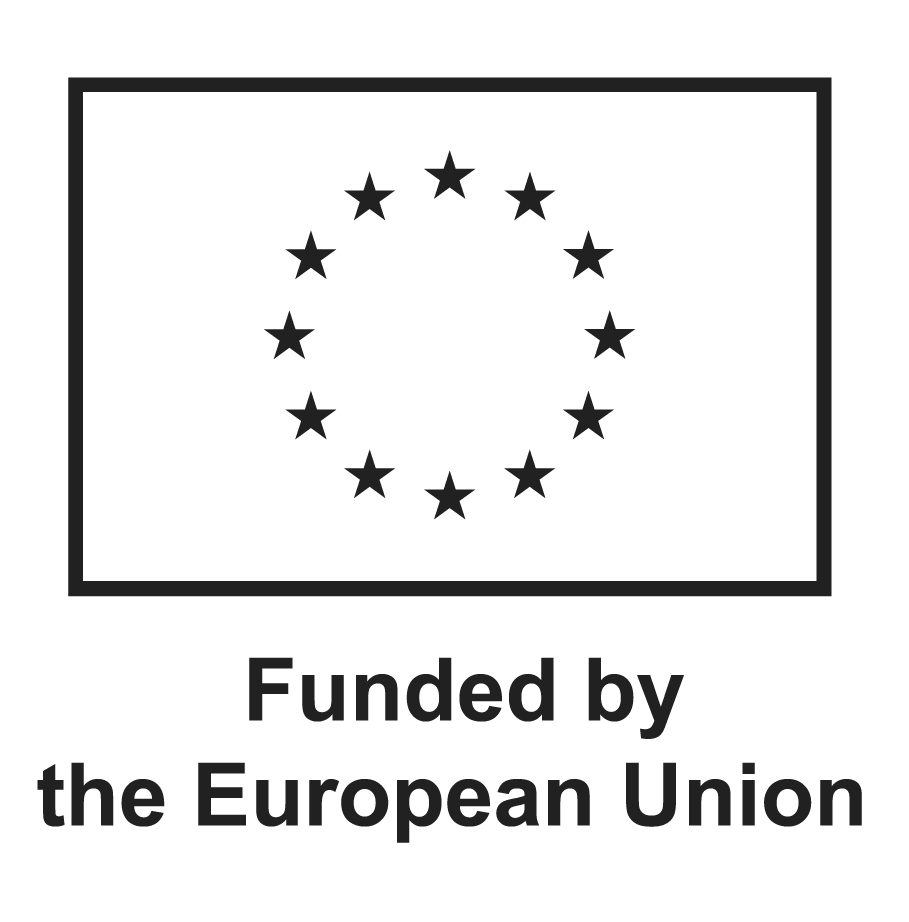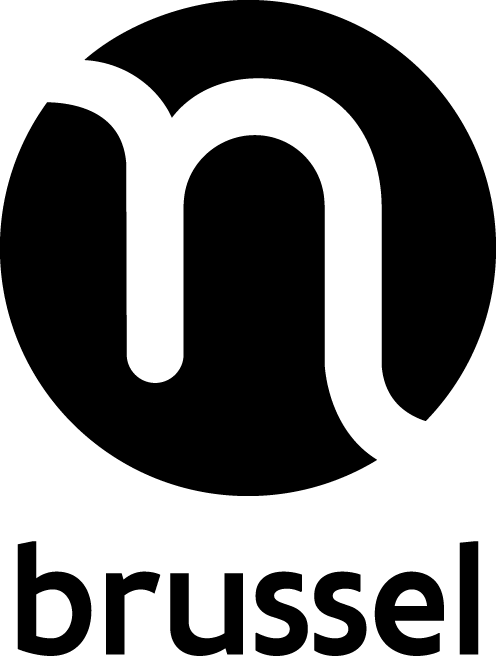

How does one develop the work of improvisation?
If one plays a written piece, one can rehearse it. But in improv, how does one work?
Does one build a personal language? But how? By improvising?
Anyhow, if you use an instrument, you have to learn how to play it – this is the opinion shared by almost everyone. Naturally, one would consider learning to play an instrument in a conventional way, as in the process of learning music, which takes so long that it is easy for many people to abandon it. But one could think of it another way.
Derek Bailey considered improvisation to consist of the totality of “techniques”. Which techniques are they? When he began to devote his entire life to improvisation, he himself already knew how to play the guitar well. His motive for improvisation came from the fact that he was fed up with conventional and fixed music – to perform identical things for a living.
Even today, I guess there are people who can understand him and share his feeling of a lack of creativity in commercial music. I think they can try improv without going to music school. The trick is to repeat scales, or rudiments on your own, but by making small differences to improvise.
This small differenciation is the main object of our residency, which I hope would contribute to the spread of improvisational practice.
This small difference brings the question of the seperation of improv and music, since there is a general tendency to mix the two amongst improvisers.
Our work takes a starting point in improvising to get to something that might be music, but not the opposite, which would consist in fixing a musical idiom to develop improvisation in its frame.
It consists in applying to the practice of improvisation basic techniques that are obtained through analytical observations of physical, corporal and mental phenomena, and that are perceptible during the daily repetition of scales with various parameters (volume, tempo, gravity, etc.)
During rehearsal, one can already improvise with scales that have been modified or transformed into something different.
For example, take two persons improvising with an only stroke, to think more about “how” to do it, than “what” to do – thus by forgetting the notion of instrumental learning that could develop endlessly, as in the learning of an applicational practice of the instruments, based on technical hierarchies.
To specify what we want to achieve in improvisation; what is the necessity of improvising?
To qualify what Bailey means by “the totality of the techniques” which relates to the question of listening.

 Sebastian Dingens - WALKS
Sebastian Dingens - WALKS

 Pavel Tchikov 29/11/23
Pavel Tchikov 29/11/23

 Nika Son - Scatter
Nika Son - Scatter


